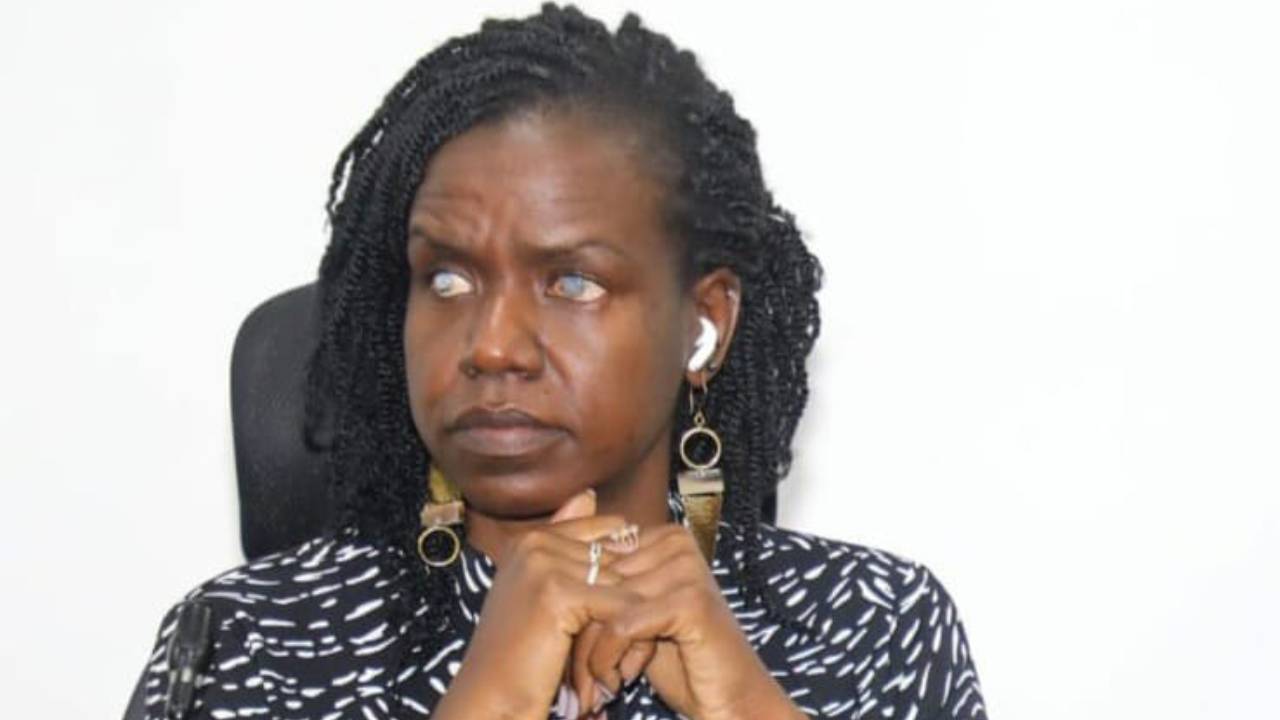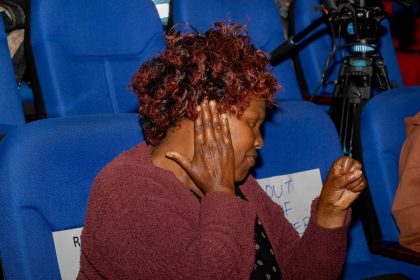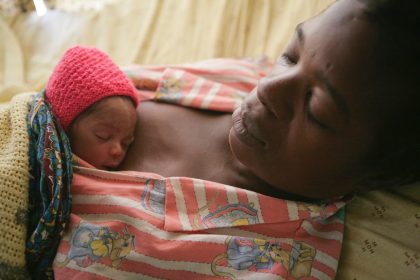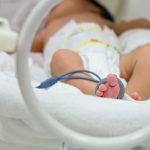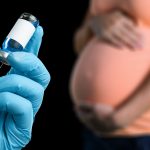‘Parents and caregivers of autistic children spend a lot of money on speech therapy, medication fees, special autistic schools… and checkups,’- Senator Crystal Asige
Family members and caregivers for people with disabilities are set to get economic relief following President William Ruto’s assent to the Persons with Disabilities Act 2025 on May 8.
PWDs are also entitled to the ‘highest attainable standards of free medical care and treatment’ in public health facilities.
The caregivers, parents and guardians of PWDs are exempt from income and other taxes, which will go a long way in stabilising and improving the financial status of PWDs and their caregivers under the Bill co-sponsored by Senator Crystal Asige and Kikuyu MP Kimani Ichung’wah.
The law also waives import taxes on disability aids (like wheelchairs and special vehicles) to keep prices affordable for PWDs.
Fundamentally, the Act champions the rights, dignity, and welfare of PWDS and a comprehensive legal framework that protects, promotes, and advances disability rights in line with the Constitution of Kenya 2010.
The Asige-sponsored Act repeals the PWDs Act No. 14 of 2003 and establishes the National Council for PWDS (NCPD) which among others, is mandated to implement the national health programme under the Ministry of Health.
NCPD will work to ensure prevention of disability, early identification of disability, early rehabilitation of PWDs, PWDs receive free rehabilitation and medical services in public and private facilities, PWDs access essential health services and are promptly attended to by medical personnel.
To recognize the efforts and sacrifices that parents, relatives, and caregivers make to care for PWDs, the legislation will ensure that not only PWDs but also their caregivers benefit from tax exemptions.
Section 35 of the Act requires that all PWDs with an income may apply to the Finance Cabinet Secretary for exemption from income tax and other levies charged on their income.
A joyous Asige explained that the tax exemptions would apply to parents, guardians, and caregivers of PWDs who need round-the-clock support, explaining that this group had been overlooked in the old legislation.
“The highlights of the Act include tax incentives. Carers and parents of PWDs have suffered for years as their efforts, finances, and other resources used in raising children with disabilities have been going unnoticed,” she explained.
Asige further argued that parents and caregivers spend so much and need financial relief to continue offering quality care to their loved ones.
She cited the example of a parent who, during public participation, narrated how she spent KSh6,000 a week on her autistic child. Asige thus reiterated that such “Parents deserve tax exemptions on their income. Caregivers of autistic children spend a lot of money on speech therapy, medication fees, taking them to special autistic schools, and pay much more for assessment and checkups.”
She added that other parents quit employment to care for those in need of 24-hour support and wondered, “why not give that benefit of tax exemption to the parent or guardian caring for them?”
Regina Chumba, a nominated Member of County Assembly (MCA) representing PWDs, told Willow Health that Bill’s assent was a significant gain towards equality and access to quality healthcare.
“Hoping the law will be backed by the goodwill for implementation, the tax exclusions for PWDs and their caregivers will ensure those with severe disability get even better care courtesy of the resources spared through tax exemptions,” she stated.
She observed that this would motivate caregivers and family members to value caring for PWDs who need care around the clock.
“Increasing cash transfer stipends for elderly PWDs will ensure better care and ease financial burdens,” added Chumba.
She highlighted that the permanent exclusion of PWDs with permanent disabilities from taxes by registering them once instead of requiring them to be vetted and registered every five years was a laudable development.
The Bill passed by the Senate on February 1, 2025, and the National Assembly on March 16, 2025, also exempts from import duty and other government levies materials, equipment, and vehicles modified or designed for the use of PWDs to ensure that their cost does not disadvantage PWDs.
Employers who incur additional expenses to accommodate PWDS in their premises reasonably will also benefit from tax exemptions.



